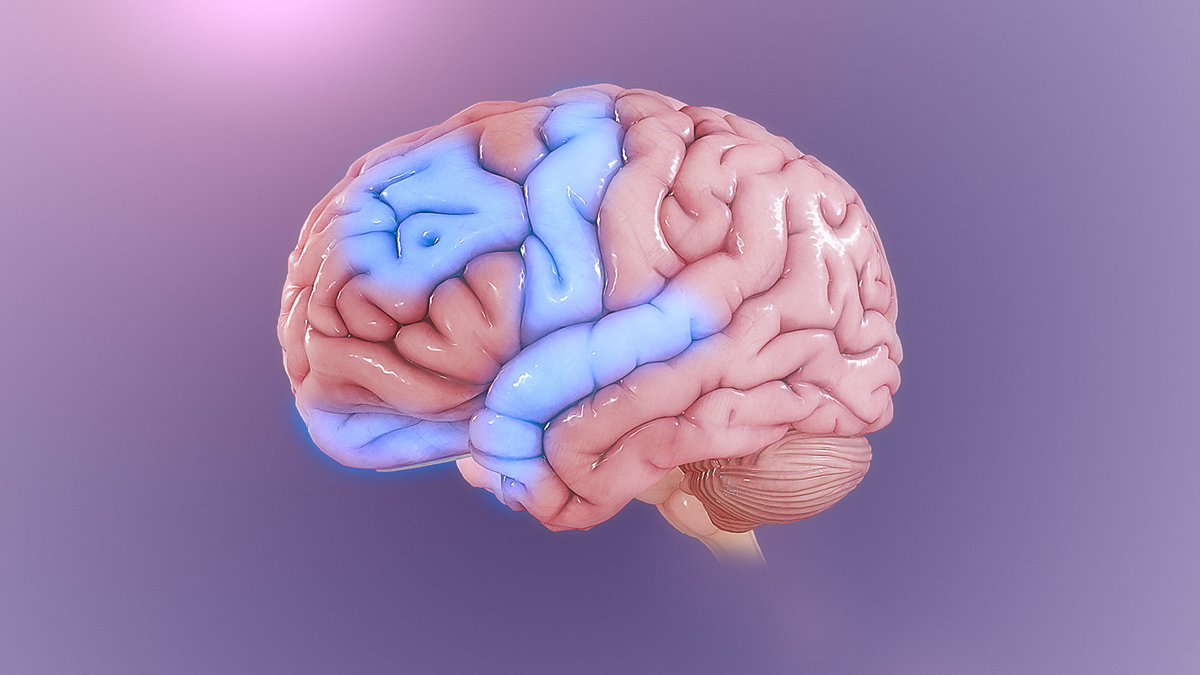
Obsessive Compulsive DisorderCharacteristics
This condition, abbreviated as OCD, isa phenomenon manifesting through several different behavioralpatterns. Namely, the sufferer is troubled by obsessions which makeit impossible for him or her to function properly. These obsessionsimply make the sufferers spend all of their time indulging intothem, neglecting their education, social and personal lives.
There are four different groups of thisdisorder. The first group is called checking disorders and sexual,aggressive, religious or harmful obsessive disorders belong to thisgroup. Symmetry-related obsessions belong to the group whichexpresses compulsive behavior towards arranging things and repeatingthese obsessions. Finally, there are those who suffer fromcontamination obsessions, constantly cleaning everything around them,or storing away food.
In general, this condition startsdeveloping in childhood and gets fully developed before the 30thyear of age. The sufferers are usually aware of the lack of logicbehind their actions. Yet, they are unable to restrain themselvesfrom obsessive behavior, dedicating most of their time to it. Thiscondition is rare and is more likely to affect men than women.
With OCD come many other personalityand behavior disorders like perfectionism, hair pulling habit, muscletics, depression, panic attacks, hypochondria, bipolar disorder etc.
Possible Treatment for OCD
A successful treatment is likely tohappen with people who are suffering from a less serious form of OCD.With them, therapy decreases the frequency of the disordermanifestations, and gradually decreases the disorder itself. Types oftherapies used for these purposes are behavioral, behavioralcognitive and medication therapy. Sufferers are exposed to situationswhich tend to cause obsessive behavior and then taught how to resistit and become stronger than it. Also, their attitudes and thoughtpatterns are changed during the recovery process and they are taughthow to resist their compulsive way of thinking.
Selective serotonin reuptake inhibitorsor, shortly SSRIs, are the type of medication most often given topeople with OCD, helping them fight their obsessive compulsivebehavior. These medications have much less side-effects than others,and are thus preferred for these purposes. However, if these fail tomake any difference in OCD treatment, neuroleptic medications areadded to the therapy. SSRIs are likely to cause minor side-effectsduring the first month of their use, decreasing one's libido, causingnausea, diarrhea, headaches and similar, less serious, problems. Onthe other hand, neuroleptic medications cause drowsiness, sleepiness,weight gain and dry mouth, along with light sensitivity and muscletwitches.
Nevertheless, medications of this typeare crucial during the treatment of these disorders and are known tobe more than helpful, once the right combination of these isestablished.



-Causes,-Symptoms,-Diagnosis-And-Treatment_f_280x120.jpg)

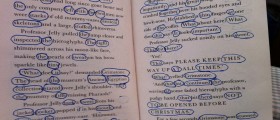

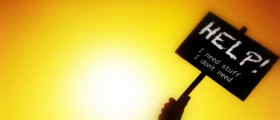
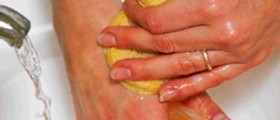
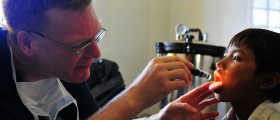
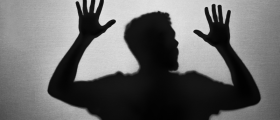

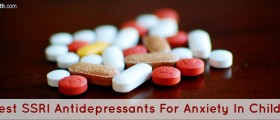
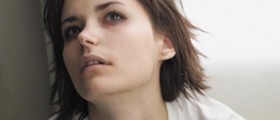



Your thoughts on this
Loading...